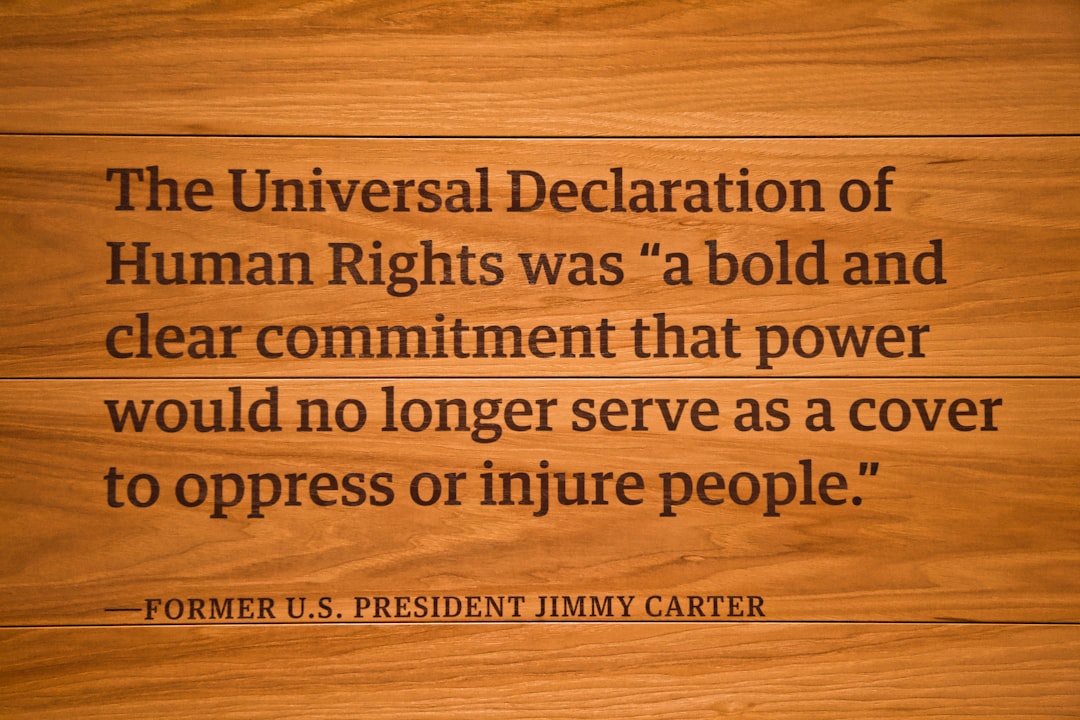News Streams: Daily news of SoCal Water Wars in 500 words or less #1
Cali's Human Right to Water Law after 10 years. 'Whose interests are we going to defend,' asks water-rights advocate Max Gomberg. News Streams #1)
Why, in 2023, is it too difficult to immediately and permanently provide safe drinking water to 2.5% of the state’s population (1 million out of 40 million)?
Why is it too difficult to ensure that domestic wells don’t go dry every time precipitation levels are too low?
Why is it difficult to provide financial assistance to people struggling to pay their water bills when the state helps with every other basic necessity?
Why is it beyond the state’s capacity to provide adequate water and sanitation to people living on the street? — Max Gomberg
Passage of California’s Human Right to Water Law (HRTW) in 2012 inspired a slew of bills and funding to help solve a drinking-water crisis, thus improving hundreds of thousands of lives in the state, according to water-rights advocate Max Gomberg in an article recently published in Environmental Law News.
The problem, according to Gomberg, is that it “created no requirements for action and no local responsibility for its implementation.”
In the article, Gomberg looks at the creative foundations of HRTW: United Nations resolutions on sustainable development and the human right to water between 2002 and 2015, and the work of California research and advocacy groups calling for solutions after exposing unsafe drinking water from agricultural and industrial contamination.
Gomberg examines the intellectual and legal approaches to human rights, post World War II, including the Universal Declaration of Human Rights that contained explicit language calling for accountability for genocide; back then, Nazi soldiers were held accountable for their crimes at Nuremberg, regardless of their orders.
In California, there is no accountability for denying clean drinking water, depleting groundwater supplies or disconnecting service for low-income ratepayers because those actions are seen as natural side effects of private enterprise, not human rights violations, he says.
The government mitigates the losses of HRTW crimes committed by identifiable and powerful perps (e.g., water and agricultural agencies, big ag, big business) by using public funds rather than holding the violators accountable.
“When governments face pressure to cure highly visible impacts, such as contamination and empty taps,” Gomberg says, “they focus on the use of existing resources to treat symptoms rather than causes.”
Gomberg wants to change that narrative, as well as the narrative of “local control” in which “state governments cede authority over land use, law enforcement, housing production, transportation systems, and water management (groundwater pumping, drinking water, wastewater treatment, and stormwater capture) to local governments” that are backed by powerful business interests.
Narrative shifts must come before policy shifts are possible, he says, and that takes strong advocacy and transparent media coverage.
But the reactionary response to the Black Lives Matter movement shows that “even the whiff of accountability generates major pushback from vested interests.”
A convincing answer to that could grow from public outrage over the danger of water insecurity, accompanied by unaffordable water bills, forcing “policy shifts in existing legal regimes, such as surface water rights and groundwater well permitting authority.”
The question is, “whose interests are we going to defend,” he asks.
Related:
Scrap outdated and racist water-rights system, says Gov. Newsom's former water manager
Max Gomberg served as a conservation manager for the California State Water Resources Control Board for ten years under Governors Jerry Brown and Gavin Newsom. Working there, he faced challenges from two historic droughts, climate change, and the pandemic.
News Streams #1: News of SoCal Water Wars in 500 words or less.




